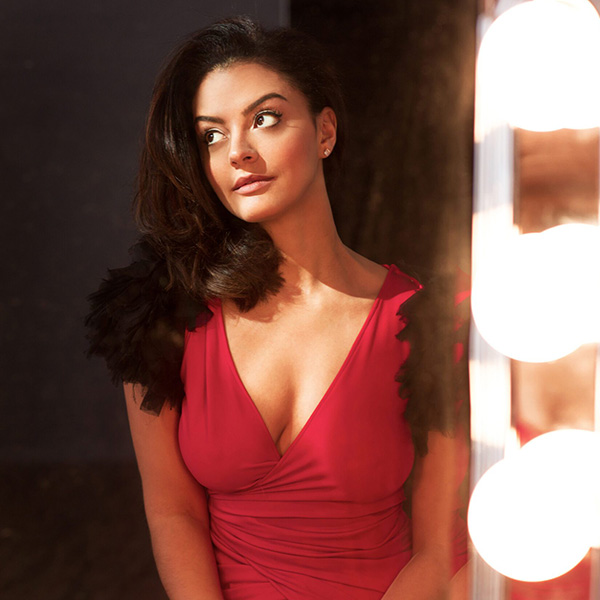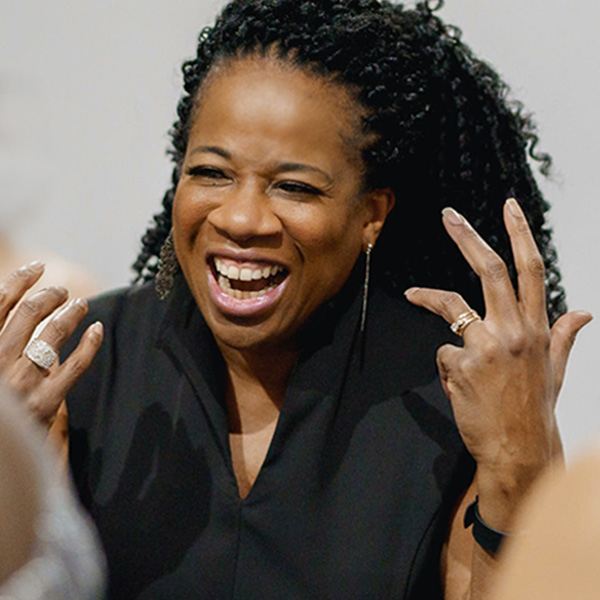You have done it – you know you have – and you’re far from alone. Your next-door neighbour has done it too. Your hair stylist, your dentist, the school crossing guard at the end of the block, your last Uber driver, your favourite actor – they’ve all almost certainly done it.
Maybe it was “I Say a Little Prayer.” Maybe it was “The Look of Love.” Maybe it was “Raindrops Keep Fallin’ On My Head” or “Always Something There to Remind Me” or, if you were in a particularly playful mood, “What’s New Pussycat?”
At some point, as you did the dishes, or waited for the traffic light to change, or went on a hike in the woods, you’ve hummed one of Burt Bacharach’s irresistibly catchy songs. And you’ve probably done it more times than you can count.
Bacharach, AMus’48, DMus’72, who died on February 8 at the age of 94, was one of the most significant figures in the history of pop music.
He received three Academy Awards for his musical contributions to Arthur and Butch Cassidy and the Sundance Kid. He earned six Grammy Awards (not counting the Grammy Lifetime Achievement Award he won in 2008) and 21 Grammy nominations, the most recent one in 2021 for a collaboration with playwright and lyricist Steven Sater. Together with longtime writing partner Hal David, Bacharach received the Library of Congress Gershwin Prize for Popular Song in 2012 (other recipients include Paul McCartney, Joni Mitchell, Stevie Wonder and Paul Simon).
In a recent New Yorker piece, Adam Gopnik, BA’80, DLitt’13, wrote that there was a small number of composers who “make music that sounds like that of no one else on earth. Gershwin did that, and so did Burt Bacharach, and music of that sort never diminishes.” According to the entertainment industry publication Variety, “Among ’60s songwriting duos, only Lennon-McCartney rivaled Bacharach-David in terms of commercial and artistic achievement.” Patti LaBelle, one of the many artists who worked with Bacharach, tweeted, “[His]music made our world a better place.”
Other songwriting giants have paid tribute to Bacharach in recent days. Brian Wilson declared on Twitter, “Burt was a hero of mine and very influential on my work.” “His songs were an inspiration to people like me,” said McCartney.
Bacharach wrote or co-wrote hundreds of songs, 73 of which were top 40 hits in the United States. The first song he ever composed, “Night Plane to Heaven,” was written in Montreal while he was studying music at McGill.
At the time, Bacharach thought a career in music was no sure thing.
“The truth is I went to McGill because I didn’t know what else to do and I had nowhere else to go,” Bacharach admitted in his 2013 autobiography Anyone Who Had a Heart. “I used to envy the guys who were going to law school or medical school at McGill, because unlike me, they all looked like they knew what they were doing and had a real purpose in life.”
It was his parents who had steered him towards McGill and who had arranged for him to have years of piano training before he began his university studies. They saw his potential long before he did.
When Bacharach returned to Montreal in 1972 to receive an honorary degree from McGill (he was inducted into the Songwriters Hall of Fame in the U.S. that same year), he spoke at a press conference about his early ambivalence about music.
“As a child I hated piano lessons. I think that you have to have great dedication to confine yourself to being alone after school to practice – there has to be a kind of love or drive. I always felt guilty though, because my parents were paying for piano lessons. Then this one night my mother came into my bedroom and she said to me, ‘We’ve stuck it out all the way with you and now it’s your choice.’ Just for a minute I thought I’d love to stop, but then I realized it would hurt her and my father.”
Legions of Bacharach fans all dodged a bullet there.
Bacharach studied at McGill for two years. He lived in an apartment on Sherbrooke Street and then in the Douglas Hall student residence. He attended McGill football games at Molson Stadium and went to school dances. One of the highlights of his time in the city was the opportunity it offered to catch jazz greats like Oscar Peterson and Maynard Ferguson performing at venues like Rockhead’s Paradise.
At McGill, Bacharach largely studied under Helmut Blume. The two had a complicated relationship. In his book, Bacharach describes the demanding Blume as a “ball-buster … who had never listened to jazz or even heard of Dizzy Gillespie.” From Blume’s perspective, Bacharach was a gifted young pianist who should have worked harder at it.
Years later when Bacharach returned to McGill for his honorary degree and they reunited, Blume teased his former student at the press conference.
“I must confess a sense of personal embarrassment because Burt Bacharach represents one of my failures as a piano teacher. I tried to make a concert pianist out of him. For two years we laboured over Beethoven sonatas, Bach suites and Chopin études. But what has he done since?”
“Was I really such a bad student, Helmut?” Bacharach asked. “Ah … you were medium-good,” his former teacher replied.
Bacharach made another trip to Montreal in 2008 to perform a concert at Église St-Jean-Baptiste for the Pop Montreal music festival. A review of the show in The Montreal Gazette described it as “dazzling” and “joyously-received.” Since news of Bacharach’s death broke, Pop Montreal creative director Daniel Seligman, BA’00, says he has heard from many who have been sharing their happy memories of the show.
“There was great energy that night,” says Seligman. “That concert was a special one. He did three encores. He talked about his time in Montreal and at McGill. He really appreciated [the reception he received].”
The catchiness of Bacharach’s songs can obscure their complexity and the careful craftsmanship that went into them. “The originality and difficulty of Bacharach’s off rhythms and broken phrases are legend,” noted Gopnik. Elvis Costello, who collaborated with Bacharach on critically acclaimed projects like the 1998 album Painted From Memory, said, “It may be agreeable to listen to [Bacharach’s] songs, but there’s nothing easy about them. Try playing them. Try singing them.”
Seligman believes the years Bacharach spent at McGill, labouring over those Beethoven sonatas with Blume, had an impact.
“I think part of what made his music so interesting was [how] his classical training, along with his years of growing up around jazz clubs and his fascination with jazz music, and his interests in various musical styles – Broadway, theatre, R&B, rock and roll – how he was able to fuse all those various influences to [create] a really unique style.”
Even Blume became a Bacharach fan in the end.
“It was given to Burt Bacharach to evoke that human response [to music] on a world-wide scale through his songs, his rhythms, his orchestration, his tonal texture, through the individuality, and timelessness of his music,” he said when his former student received his honorary degree.
Bacharach might be gone, but those hundreds of songs he wrote remain with us. “He left us with a long legacy of music we will never forget,” said Barbra Streisand.
You and your neighbour and your hair stylist and all the rest of us will be humming along for decades to come.


